Exact Answer: 1 – 2 hours
What we refer to as ‘food going down the wrong pipe’, is actually termed as aspiration. This happens when you swallow food or other substances, and they accidentally enter the airways, instead of going into the food pipe, esophagus. This also occurs when you vomit, have trouble swallowing properly, or have heartburn.
While it may sound light, aspiration can actually lead to more risky bodily complications such as aspiration pneumonia, pulmonary edema, and more. Older people, people who have had strokes, and those with developmental disabilities, are more susceptible to aspiration. But this does not mean that children won’t be able to suffer from aspiration, as they too, experience it.
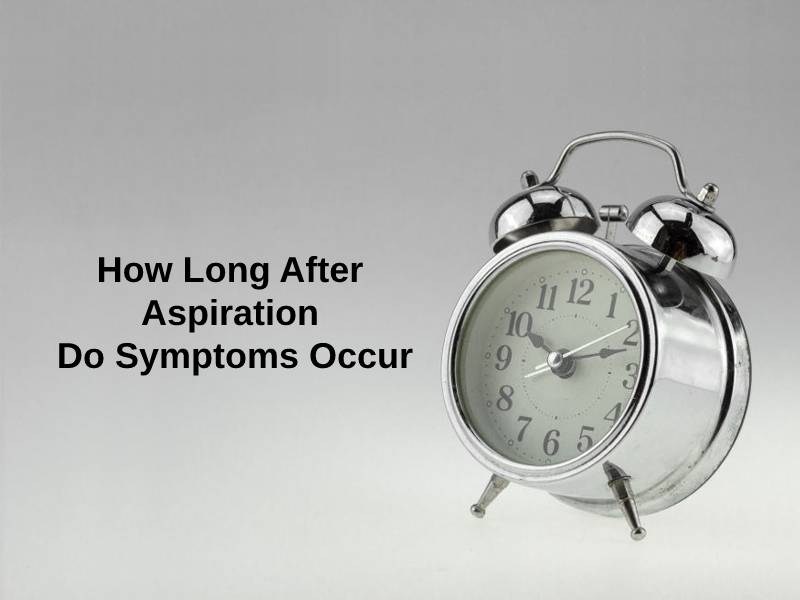
How Long After Aspiration Do Symptoms Occur?
| Time after aspiration for symptoms to start | 1 – 2 hours |
| Time after aspiration for symptoms of aspiration pneumonia to start | 1 – 2 days |
Some of the symptoms of aspiration include coughing, feeling of a block in the throat, wheezing, breathing difficulties, hoarse voice, pain while swallowing, heartburn, and uneasiness in the chest region. For children, symptoms of aspiration are slightly different from those of adults. They include wheezing, excessive drooling, feeding issues, grimacing expression, chest infections that occur often, and more.
Symptoms of normal aspiration begin approximately one to two hours after the actual process of aspiration occurred.
Aspiration will not cause symptoms, the majority of the time. For those with healthy lungs, they will cough the foreign particles before they enter the windpipe and lungs immediately, but people who live with health conditions will not be able to expel the particles, leading to further complications.

Those who experience aspiration more frequently than others are at risk of having chronic aspiration. This needs treatment, as it can result in aspiration pneumonia, which can severely harm one’s health.
Aspiration can lead to aspiration pneumonia, which is when bacteria from the inhaled foreign particles settle into the lungs. This can result in infection, irritation, and inflammation of the lungs. There are some symptoms that arise when you develop aspiration pneumonia, such as chronic coughing, fever, chest pain, fatigue, difficulty in breathing, coughing up blood and green sputum, wheezing, and shortness of breath. These symptoms can occur anywhere from 1 to 2 days after the aspiration first occurred.
In addition, when the toxic fumes are inhaled, it can give rise to chemical pneumonia, which exhibits almost the same symptoms as aspiration pneumonia.
Why Does It Take That Long To Develop Symptoms After Aspiration?
Aspiration is basically the process through which food or other foreign particles enter the airway, and the lungs, instead of passing through the esophagus. It can also happen when you breathe in the water in pools, smoke, and fumes. These particles are risky as they can block the windpipe partially, and cause irritation in the lungs. It takes approximately one to two hours after the act of aspiration, for symptoms like coughing, painful swallowing, and breathing difficulties to start, because the particles take that long to irritate the windpipe and lungs.
There are two types of aspiration: silent and overt. People who experience silent aspiration show little to no symptoms and remain unaware of the foreign particles like stomach contents and fluids that have accidentally entered the lungs. Silent aspiration normally happens with people who have impaired senses. This can be very dangerous, so it is important to consult the doctor if the person shows changes in their breathing, talking, and if they drool.
Overt aspiration is the opposite, as people who go through it exhibit sudden symptoms that are very visible. In this case, a remedy should be sought out immediately after the symptoms occur.

This can be the result of poor swallowing practices and the inability to control the tongue efficiently. In addition, people who have a neurological condition, throat cancer or have had throat surgery, impaired consciousness, lung diseases, seizure, stroke, swallowing difficulties such as dysphagia, GERD, heartburn, and other health complications should be extra cautious as they are more likely to suffer from aspiration, than others.
Conclusion
To conclude, aspiration has little to no effect on people, unless they have underlying conditions. In serious cases, it can cause dangerous symptoms that lead to aspiration pneumonia and edema in the lungs.
If you notice any of the aforementioned symptoms, it is advised to immediately contact a health professional, so you can prevent further damage, and fix the condition.
In order to prevent this, you may practice eating with smaller bites, slow chewing, proper posture while eating, adding moisture to food, refrain from eating or drinking while lying down, and attend occupational or speech therapy to help learn how to swallow the right way.


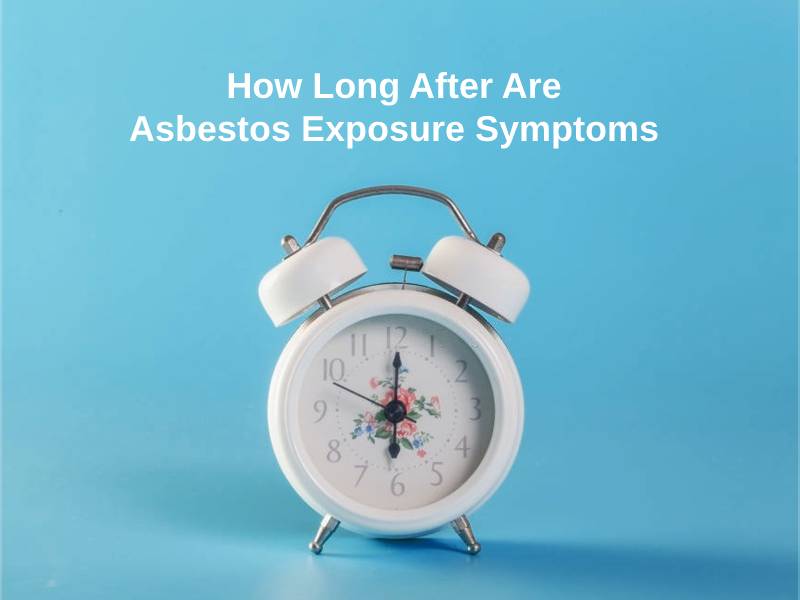



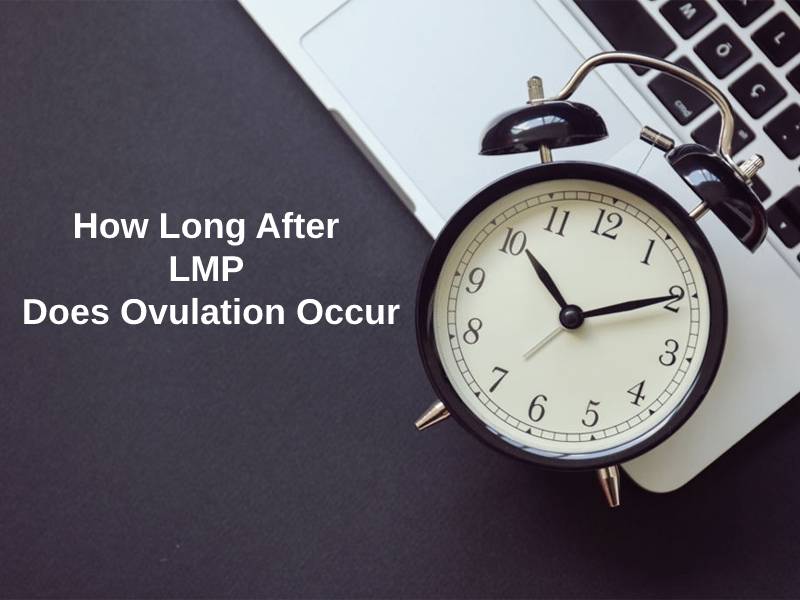
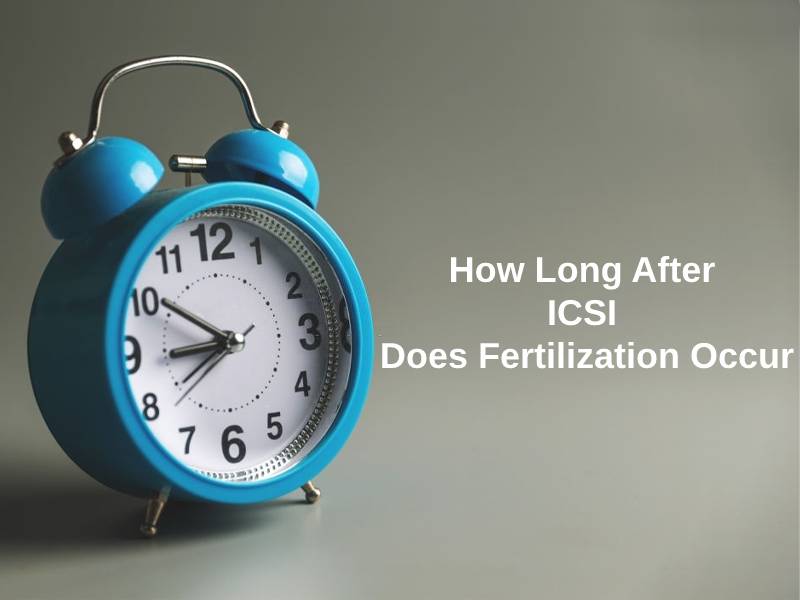
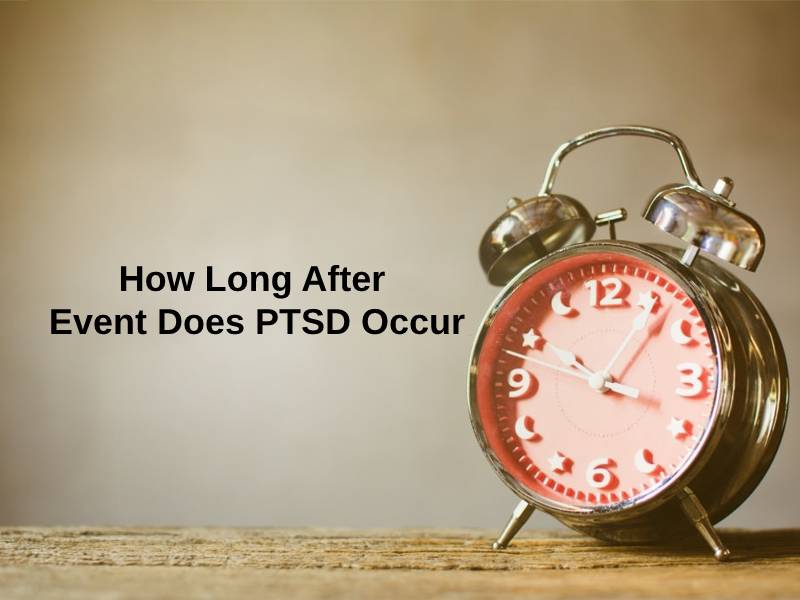
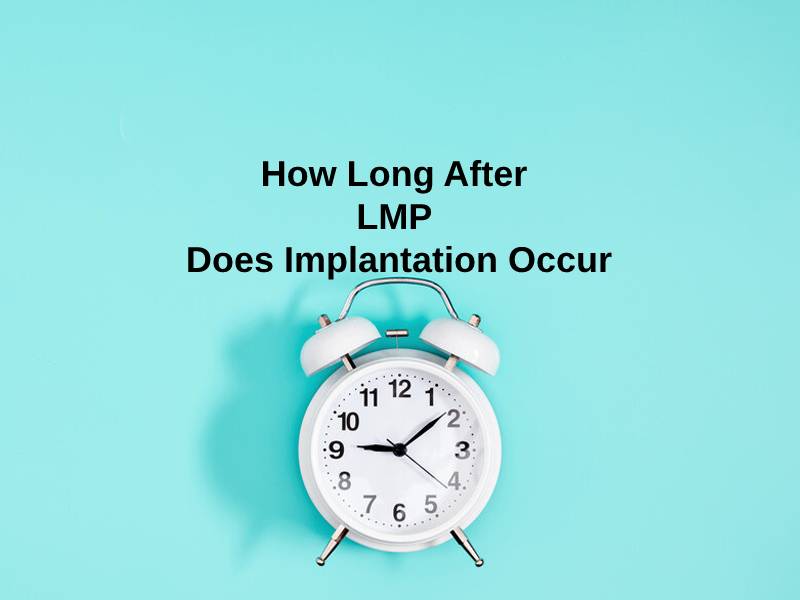
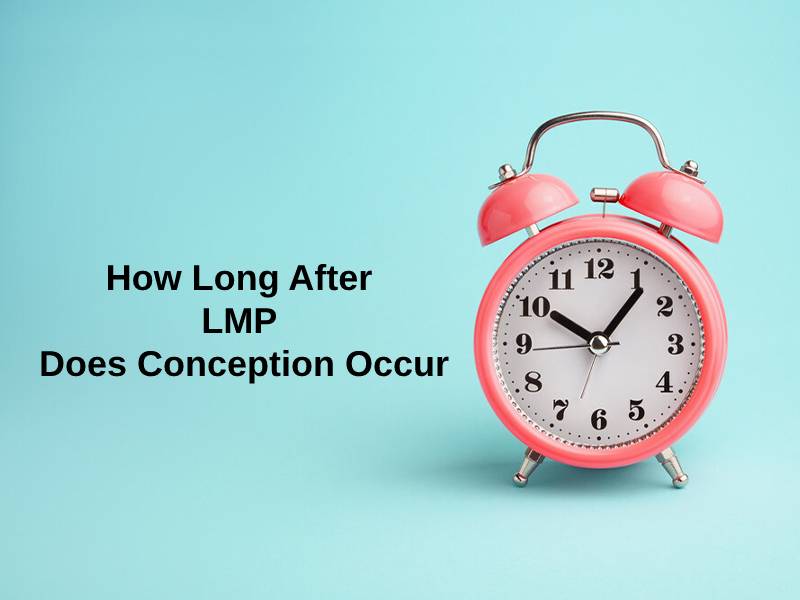
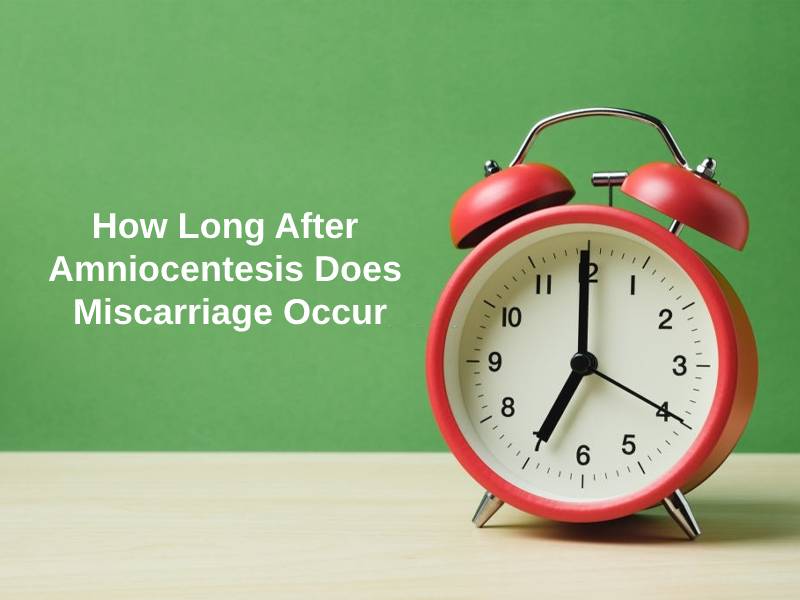


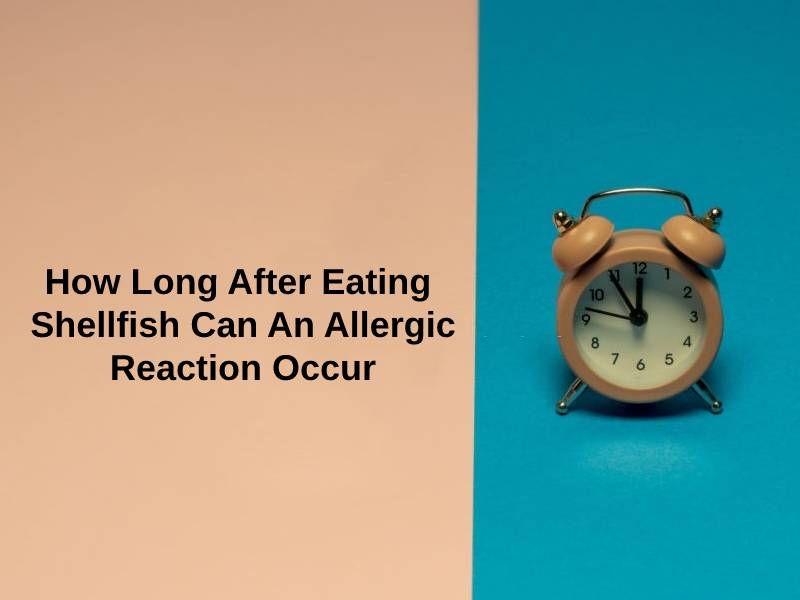
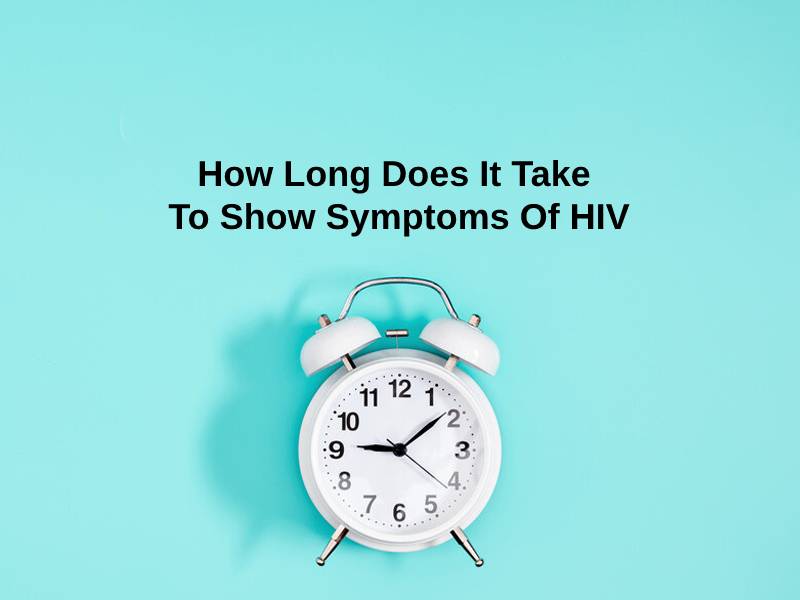


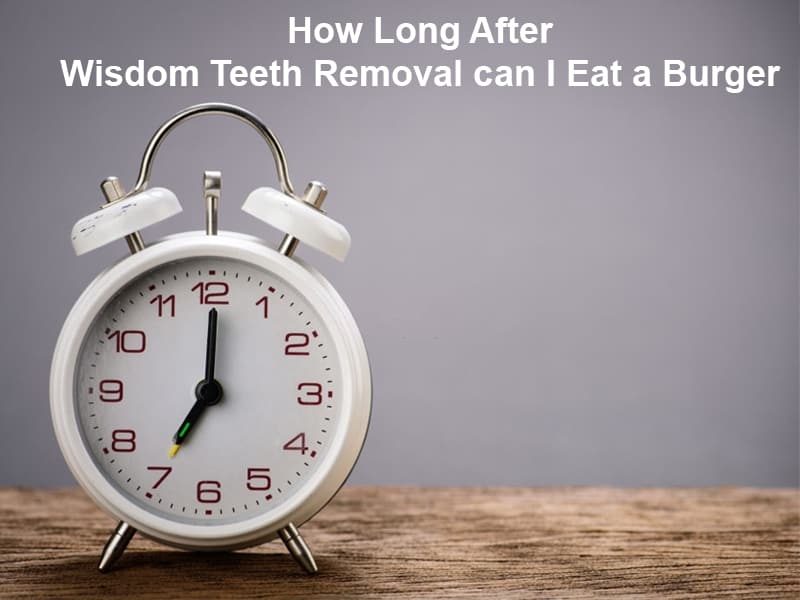
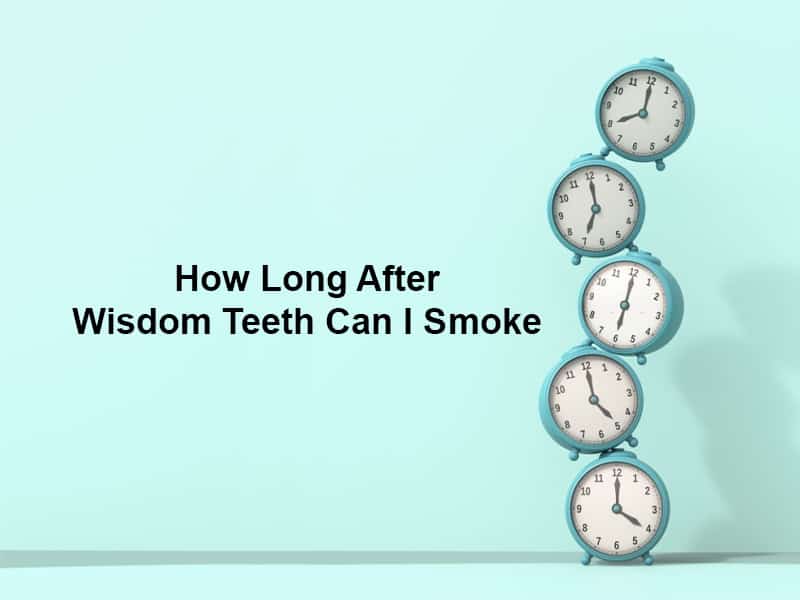
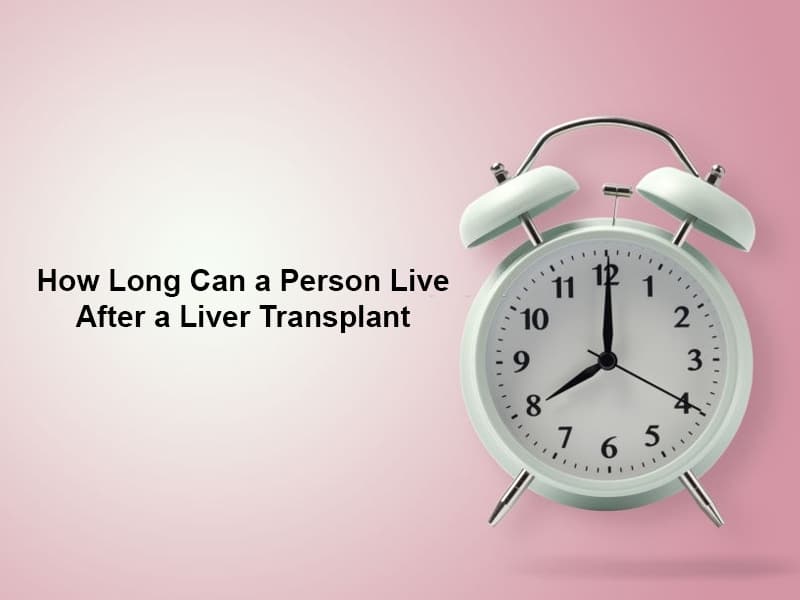
The article effectively communicates the serious health implications of aspiration, particularly for vulnerable individuals. A crucial read for everyone to gain awareness and understanding of this condition.
I appreciate the in-depth explanation of aspiration and the associated symptoms. It is essential for individuals, especially those with underlying health issues, to be aware of the risks involved and to seek immediate medical attention if they experience any of the outlined symptoms.
The article delivers critical insights into the implications of aspiration, providing essential knowledge for recognizing and understanding the symptoms and potential complications. The importance of immediate medical attention for those at risk of aspiration is highlighted effectively.
This article provides a great insight into what aspiration is and the symptoms to look out for after such an incident. It’s important for everyone to be aware of the complications that can arise from aspiration. Great informative piece!
I completely agree! It’s essential for people to understand the potential risks associated with aspiration, especially for individuals with underlying health conditions.
I found this article to be quite helpful in understanding aspiration and its potential dangers. The detailed explanation of symptoms and the time it takes for these symptoms to appear is valuable information for everyone to know.
The article delivers crucial information about aspiration and the potential health risks it poses. The details provided on the symptoms and consequences emphasize the importance of awareness and immediate medical attention when necessary.
This comprehensive article effectively conveys the severity of aspiration and its potential consequences. The symptoms of aspiration, as outlined, provide valuable information for increased awareness and understanding of this condition.
The article serves as an important resource for understanding aspiration and its complications. The distinction between silent and overt aspiration is particularly enlightening and contributes to an increased understanding of the condition’s severity.
Unfortunately, the severity of aspiration cannot be overstated. This article provides vital information about the potential consequences, making it important for everyone to be well-informed about the risks associated with aspiration.
The article presents valuable knowledge about aspiration and the potential health implications that come with it. Such critical information is essential for everyone to recognize and understand the risks of aspiration, particularly for individuals with underlying health conditions.